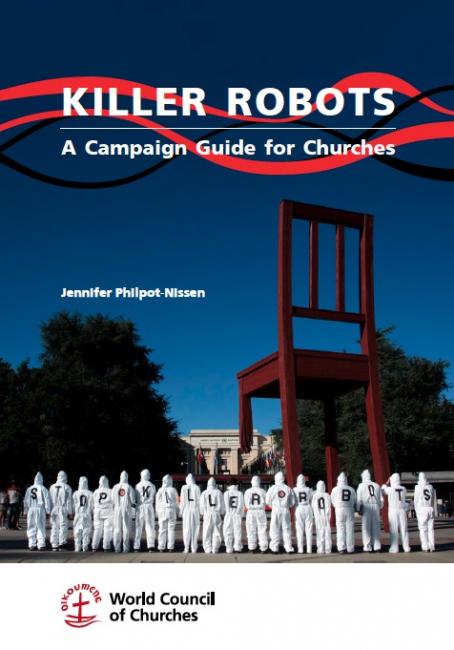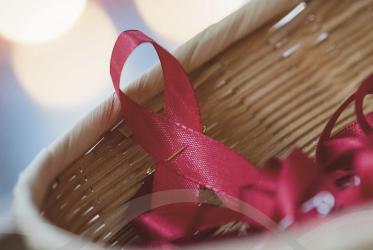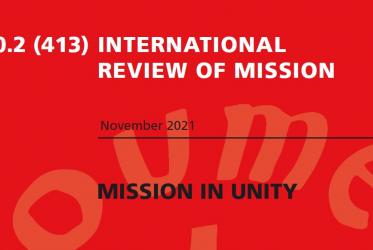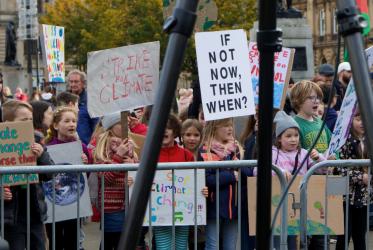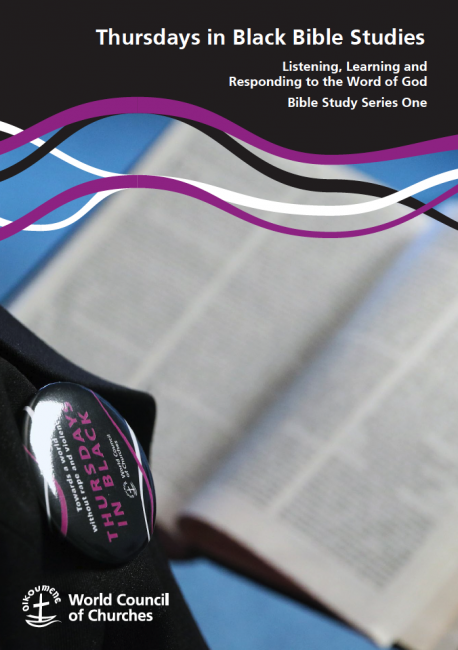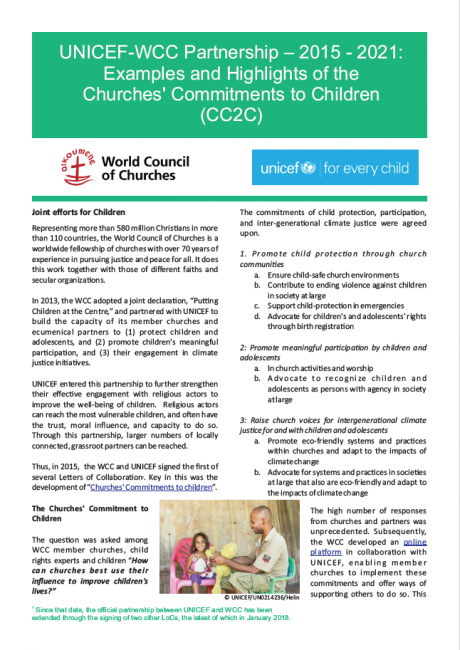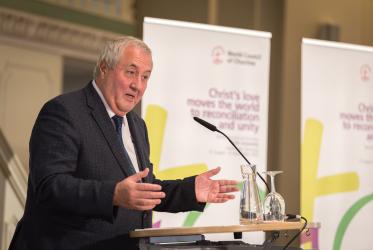Displaying 141 - 160 of 592
ZacTax Toolkit
24 November 2021
Thursdays in Black Bible Studies Series 1
Listening, Learning and Responding to the Word of God
21 October 2021
WCC consultation reflects on future of health ministry
15 October 2021
Pacific Theological College publishes “A COVID-19 Wellbeing Statement”
03 September 2021
